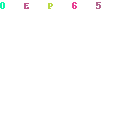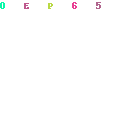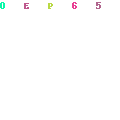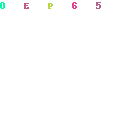Lillian Akampurira Aujo is a Ugandan writer and a member of
Femrite. In 2009, she won the inaugural BN Award
with the poem 'Soft Tonight'. In 2015, she won the inaugural Jalada
Prize for Literature with her short story "Where pumpkin leaves dwell.” During the
During the #Babishai2016
Poetry Festival, she will Participate in a panel, "What are Ugandan women poets poeting about?"
Which one of your written poems do you constantly refer to and why?
1.
People ask me about ‘Soft
tonight’, so I find that I keep referring to it a lot.
What is your relationship with poetry on the stage?
Anyone who knows me will tell
you that I am comfortable on the page, and really uneasy on stage. So my
relationship with poetry on stage is pretty novice. I might change that soon, because for long I
have toyed with the idea of being a performance poet.
At the #Babishai2016 poetry festival, you'll participate in a panel entitled, What are Ugandan poets 'poeting' about? so, what are Ugandan women 'poeting' about?
3. Politics! And I am glad that
people like Anena have found un ignorable ways of putting it in Ugandan’s
faces; a title like ‘I bow for my boobs’ is really hard to ignore.
How would you define a successful poetry festival?
4. A successful poetry festival
has to have a buzz. (Yeah to Babishai on that!). Good performers to draw a
crowd. And by crowd I categorically exclude poets, and include the other
public. Good organisation of events, so that there aren’t too many similar
things going on at the same time; that way guests don’t feel like they’ll have
to miss out on something to attend another event. Then it has to have
attendance from the public; otherwise who is it for?
How has academiia influenced poetry, in your opinion?
5. Has it? In my opinion there’s
no clear cut distinction between academia and poetry. Even poets who don’t have
degrees in literature and English or MFAs tend to invariably teach themselves
the rules of poetry. So the two ‘worlds’ tend to co-exist in poetry..
6. Parting remarks?
F
6. Memes like ‘poetry is for the
elite’ need to die like yesterday! All our local languages are rich in poetry,
the hawker on the street peddling his wares does so poetically, the touts
calling to passengers do so poetically. So we need to stop lambasting ‘poetry’
with ‘elite’.
Thank you.
The Babishai Festival programme is here.
http://babishainiwe.com/2016/07/21/babishai2016-poetry-festival-programme/
Thank you.
The Babishai Festival programme is here.
http://babishainiwe.com/2016/07/21/babishai2016-poetry-festival-programme/











